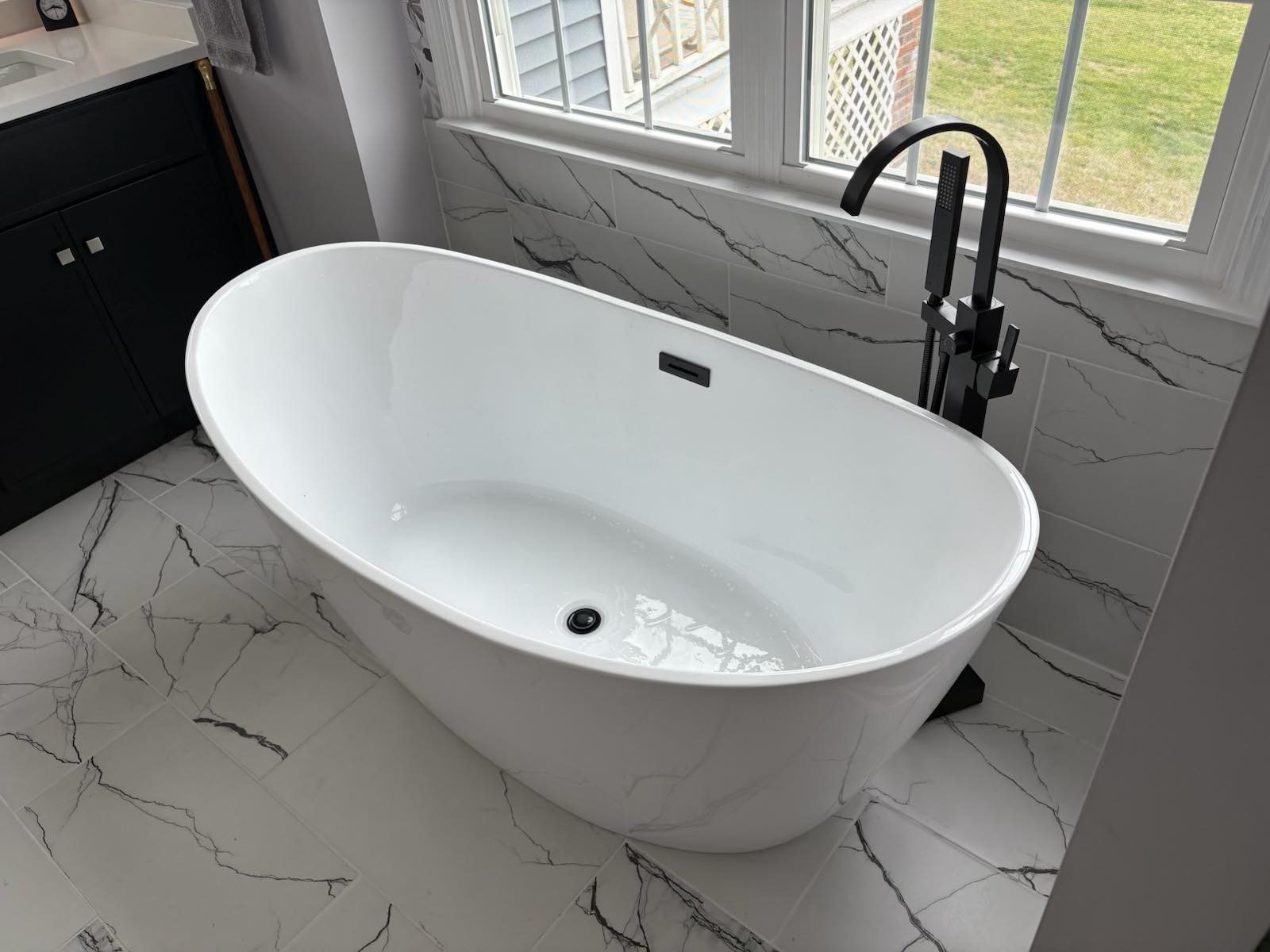
The Lifespan of Your Plumbing System: Knowing When to Upgrade Nov 20, 2025
The average lifespan of a plumbing system varies based on the materials used, installation quality, and maintenance frequency. For instance, supply pipes made of brass or copper can last 40 to 70 years, while galvanized steel might only last between 20 and 50 years. Fixture longevity is different; faucets generally last about 15 to 20 years, while sinks can function well for 50 years or more if properly maintained.
One clear sign it's time to upgrade is frequent repairs. If you find yourself repeatedly fixing leaks or replacing parts, it’s likely more cost-effective in the long run to replace rather than repair. Consider the frequency of service calls and the cumulative cost. Newer systems offer better efficiency and could significantly reduce water bills.
Visible signs of wear and tear are another indication. Discolored pipes, rust, and mineral deposits not only affect water quality but signal that your plumbing could be nearing the end of its service life. High levels of corrosion can lead to leaks or burst pipes. Furthermore, reduced water pressure throughout your home could be a sign of pipe damage, requiring immediate attention from a trusted plumber.
Water quality changes can also hint at underlying issues. If you notice an unusual taste, foul odor, or reddish-brown tint in your water, your pipes might be contributing contaminants. In such cases, it's advisable to consult with a professional to assess your system's condition. Hard water and high acidity levels can accelerate pipe degradation, so testing water regularly is a good preventative measure.
Outdated materials play a critical role in determining if an upgrade is necessary. Homes built before the 1980s often feature lead piping, which poses serious health risks. Although your system might appear functional, replacing lead or polybutylene pipes is essential to ensure safety and comply with modern regulations. Many newer piping options, such as PEX and PVC, provide more reliable performance and longer lifespans.
Investing in modern plumbing technology offers significant benefits, from improved efficiency to enhanced water conservation. Many new systems come with digital monitoring tools that help detect leaks and predict maintenance needs, further easing the burden of unforeseen problems. When upgrading, consider installing water-efficient fixtures which not only help the environment but also contribute to savings on your utility bills.
In conclusion, recognizing when it's time to upgrade your plumbing system is key to maintaining a safe, efficient household. Regular check-ups and maintenance, combined with a proactive approach to replacing outdated systems, will help ensure your plumbing functions optimally for years to come. At Baker & Sons Plumbing, we are committed to providing expert guidance and high-quality service to support you in making the best choices for your home. If you’re contemplating an upgrade, don’t hesitate to reach out to our team for a consultation.
/filters:no_upscale()/media/1afc8400-8fd2-4bef-8b58-e428333a5ec5.png)
/filters:no_upscale()/filters:format(webp)/media/7625e70d-bb97-4d76-92fd-673d1ca840d6.jpeg)